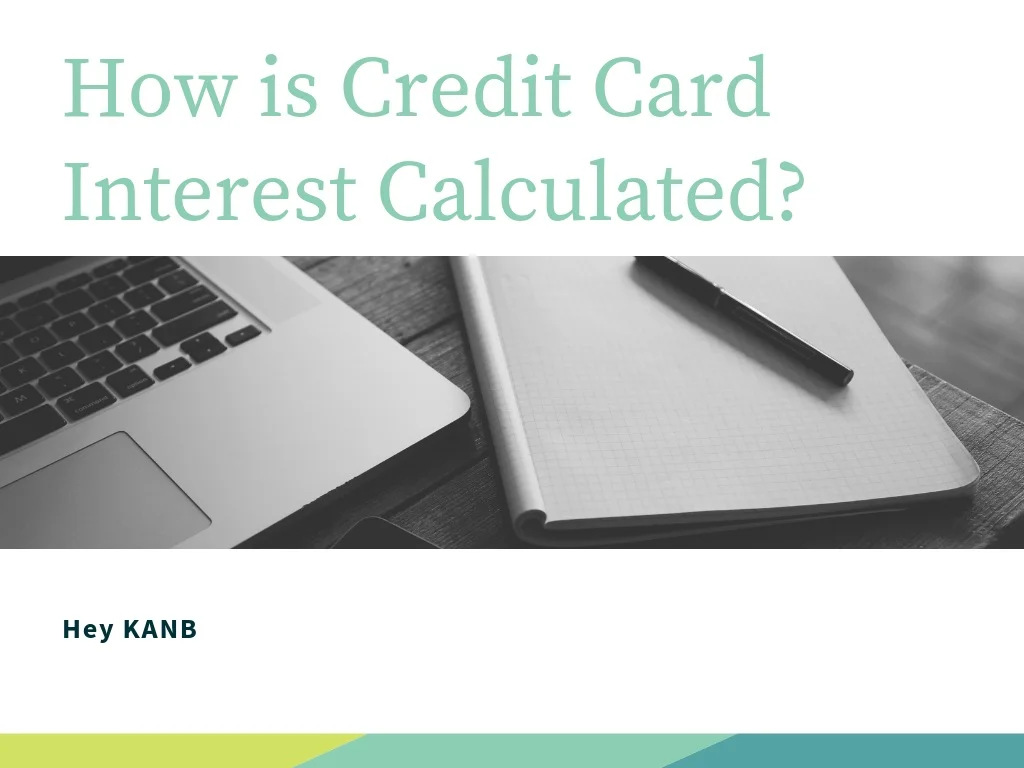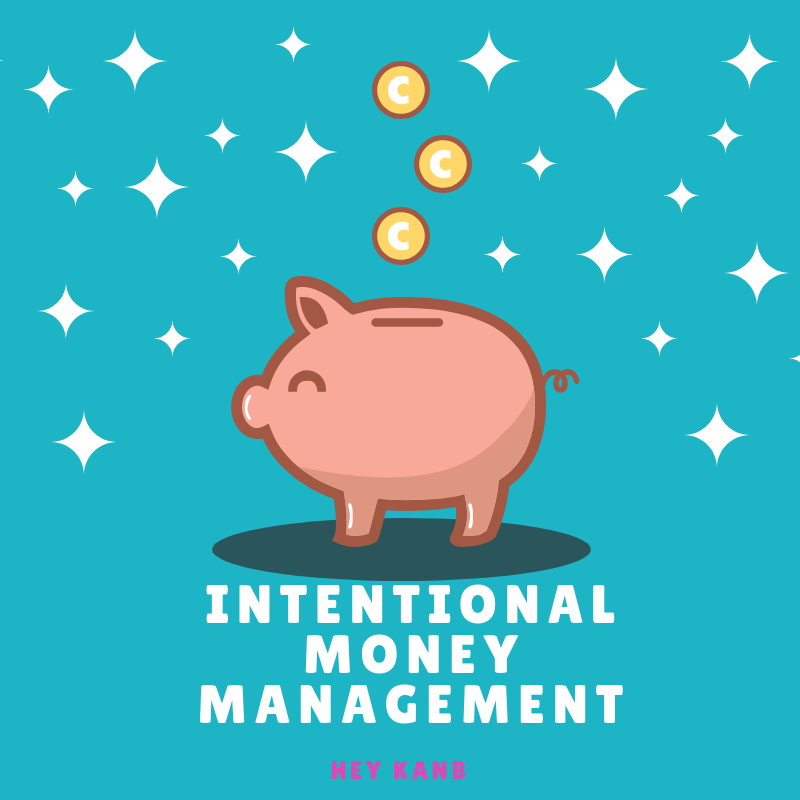Budgeting: A Simple Guide
Where does your money go? Do you know? Chances are you are leaking money somewhere - and it’s in your best interest to find out where.
Creating a budget is one of those things that most of us don’t really want to spend time on - usually because it reveals to use just how irresponsibly we spend out money - but it is also something that we all should really dedicate time to in order to appropriately plan for our financial futures.
The scary part about budgeting is that most people (if we are honest) don’t know how to create one. Here’s the beautiful thing about it - budgeting can be easy and straight forward. So just in case you don’t know where to start on a budget, and don’t want to admit to your parents or high school business teacher that you are lost, here is a cheater guide for how to create a simple budget (and also an easy to personalize template for you to use every month).
You can budget by the week or by the month. It really depends on your needs and how often you get paid. I personally get paid twice a month and I budget by month. This is mostly because I have relatively constant income and monthly bills that I can plan for.
Let’s get started.
Budget Basics
The goal of a budget is up to you, but ultimately you are trying to track your spending. So first things first - you need to know how much you make. While that may seem like surprising advice, if you aren’t paying attention to your paycheck you may not know exactly what your income looks like. For most jobs there are deductions from your gross pay (like taxes and such) so the amount that you take home is known as net pay.
Second step: List out all your fixed expenses. You need to know how much you spend every month. Write down how much your rent or mortgage is, how much your utilities usually are, if you have any car or other loan payments. Then you’ll need to know how much you usually pay for stuff like groceries, gas, and other incidentals. If you’re really dedicated it’s best to take about three months worth of spending to determine your average spending on those items. If saving receipts seems too daunting, your credit card statements are usually pretty good at itemizing spending for you.
With that, we can put together your budget and identify places you can or should make cuts in order to make ends meet or in order to put some money away in savings.
Importance of Savings
Why do you need a savings account? Because it’s a safety net. It can be your “rainy day” fund. Financial experts recommend you have three months worth of expenses in a savings account. Now before you run and hide from a task that seems daunting, remember you can start a open a savings account with as little as $25. Make sure you open an account with a bank that is FDIC insured - what that means in layman’s terms is that if the US goes through another Great Depression you won’t lose all your money in the bank like they did in the 30’s.
Budget Creation
Some definitions: Gross Income - the amount of money you make before deductions, like taxes. Net Income - amount of money you take home after those deductions.
I’ve created a template for you to download to make this easier on you. After you subtract your fixed expenses from your net income I highly suggest you put some of the remainder into a savings account. If you don’t have one you need to open one.
Back to the budget. If you can swing it, a lot of people suggest putting 10% of your gross income into a savings account. Obviously if your other expenses prevent you from having that much available, start with 10% of your net pay - or just 10% of whatever you have left over after your fixed expenses have been paid. One technique is for you to treat your savings as a fixed expense. If you don’t want or can’t do 10% of any of those, you can also do a set amount per month, $20 or $50 or whatever you are comfortable with.
If your spending is greater than your earnings you need to look at where you can make cuts - do you need to go to the coffee house everyday, or to get your nails done every other week? Chances are there are places you can limit your spending. However, be sure to give yourself some wiggle room so you have “fun” money. It’s necessary for your sanity. Allow yourself to have an overpriced coffee once a week - not everyday.
Prioritize Payments
In some cases your fixed expenses are greater than your income. Don’t be embarrassed, this is actually pretty common. This isn’t a good thing, as you probably know, but it isn’t the end of the world and you can recover. Quick anecdote: when I was born my parents had to put (nearly) everything on credit cards as they weren’t earning enough to pay the bills and keep all three of their kids fed and warm. Not an ideal situation to be in obviously, and a few years later they bought their own home and we never went hungry. This is the power of a budget. Another point here is even you make less than you spend - prioritize your spending. Pay for your rent before you pay your credit card. You need a place to live more than you don’t want a late fee.
Slightly More Advanced Budgeting
If you’ve already got the savings account thing figured out, I recommend looking at investing. If you don’t know where to start or are risk adverse I recommend either Stash or Acorns - these are both super easy to use and can be started with very little (as in $5). If you have a longer term goal you want to prep for, like retirement for example, you probably want to go with an IRA. There are two different kinds you can go with - either Roth or traditional and you should research them to decide which one is best for you. Either way, starting investing is something you will want to do sooner or later. The sooner you start the more money you can make in the long run - that’s the beauty of compound interest. If you’re feeling overwhelmed and just want to stick with the basics, download the template and save this part of this article for 6 months from now.
Paying off Debt
If you are in a situation where you have a lot of credit card debt - or other loan debt for that matter - you’ll want to get that paid off. Obviously make the minimum payments as best you can, and use your newly created budget to plan extra payments on one of your debts. There are two different methods financial experts recommend. You can either pay extra on you debt with the highest interest rate or the one with the lowest balance. The benefit of paying down the highest interest rate will save you money in the long run. The benefit of paying off the lowest balance will pay off the debt sooner which will give you one less payment to make, and you can then use that extra money to work on the next balance. Plus once the first one is paid off it’ll make you feel accomplished - as you should.
Most importantly, don’t give up or get discouraged if it doesn’t all fall into place immediately or you break your budget. Just try to get back on track.
Micro-investing: Stash v Acorns
Both Stash and Acorns only take $5 to get started, and they both only cost $1 a month (unless you have over $5,000 in them, then they cost 0.25%). This is honestly a pretty cheap way to get into the investment game, if you go to Acorns here they will give you $5 to get started, Stash will you give you the same deal here. Plus if you sign up with Acorns with a valid .edu email address, the first 4 years with Acorns is completely free. I prefer Acorns since they have this thing called "found money" where you can get other companies to invest in your account by buying things you already buy. Take Uber for example, every ride you take with Uber can get you $0.50 invested into your Acorns account. Just remember to open up the Acorns account and select the Uber offer before you arrange your ride. They partner with AirBnB Hosts, AirBnb Guests, the Dollar Shave Club - it's a pretty good deal they have going on. The cool part about Stash is that you can choose what type of companies you invest in - so you can invest in causes or companies you believe in. It gives you more power over exactly what you want to invest in. Either way is a win for you, it just depends on what you are looking for.




